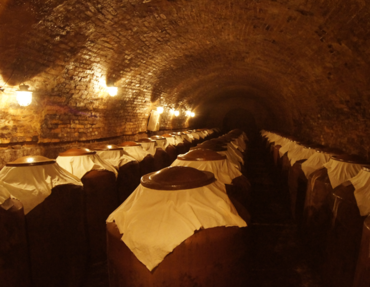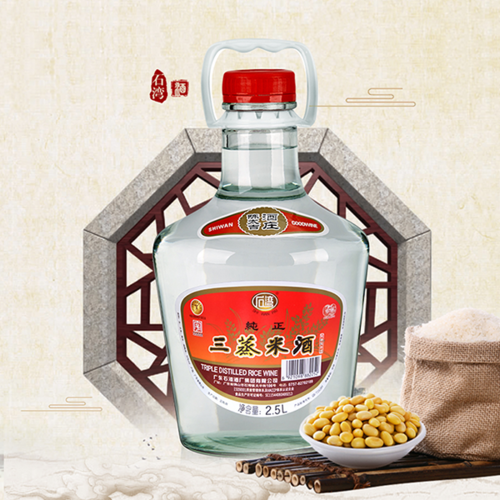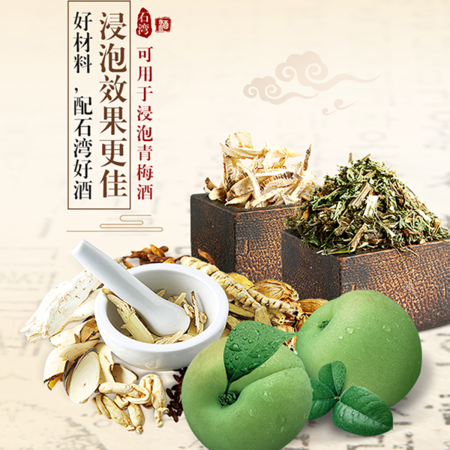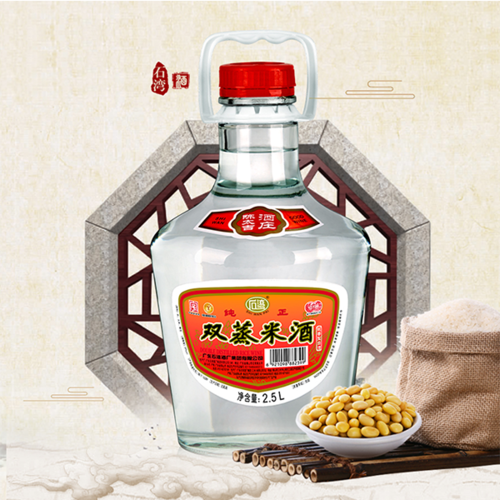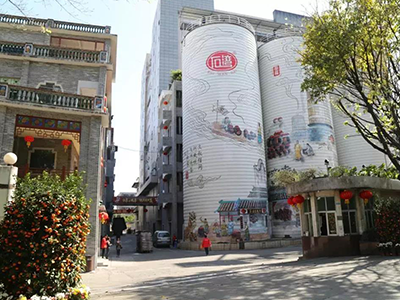What are the flavors of baijiu?
There are many types of wines, and baijiu is one of them, and it is a more common wine. Many people who drink baijiu think that it has only one flavor, but it is not. The following briefly introduces how many flavors of liquor are available.
Sour taste:
The acids in baijiu can be divided into volatile acids and non-volatile acids. Volatile acids include A, B, C, D, P, hexanoic acid, etc. The larger the molecular weight, the stronger the taste, and the smaller the molecular weight, the stronger the irritation. During distillation, it enters the wine through volatilization and vaporization, and constitutes an important substance in the aftertaste of the wine.
Sweetness:
Some people think that the sweetness in liquor is mainly derived from alcohols, especially polyols, which all contain sweetness groups and sweetening aid groups. With the increase in the number of hydroxyl groups (-OH), the sweetness also increases accordingly. These polyols not only have sweetness but also are viscous, which can bring a full-bodied feeling to the wine and make the baijiu taste sweet and mellow.
bitterness:
Some people think that the bitterness in wine is mainly caused by excessive higher alcohols, excessive succinic acid, a small amount of tannins, more phenols and aldehydes. In addition, substances such as isobutanol, n-propanol, tyrosol, and alkaloids all exhibit a bitter taste. The bitterness is unpleasant to the perception, but a small amount of bitterness can increase the aging and thick taste. The important thing is to master the proportional relationship between it and other tastes during blending to make it coordinated and pleasant.
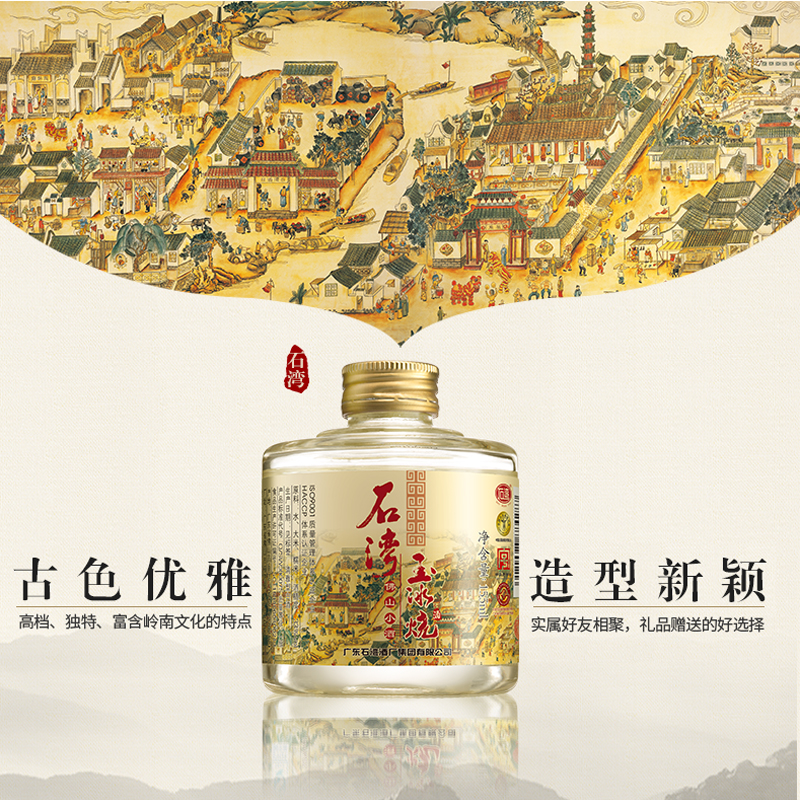
Spicy:
The spiciness in baijiu may mainly come from aldehydes. Such as formaldehyde, acetaldehyde, butyraldehyde, valeraldehyde, hexanal, furfural, glyceraldehyde, acetal, etc. In addition, higher alcohols also have a pungent and spicy taste. They strongly stimulate the nerves and make them spicy.
Astringency:
Astringency cannot be a sense of taste. It is a reaction of certain substances that stimulate the mucous membrane of the tongue to produce a sense of convergence. The astringency in wine is mostly caused by the imbalance of sour, sweet and bitter taste, which loses a reasonable proportional relationship. As a result, the astringency is generally accompanied by bitterness.
The astringency in baijiu mainly comes from phenols and furan compounds. Some other amino acids, pyrazines, and higher alcohols also show astringency. Excessive lactic acid, ethyl lactate, higher alcohols, tannins and other substances will all produce astringency.



